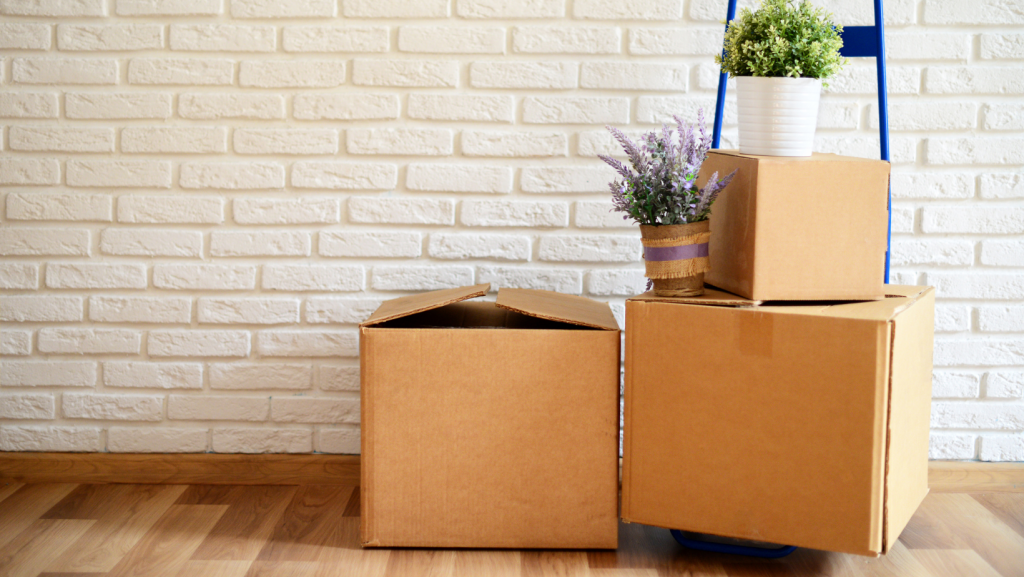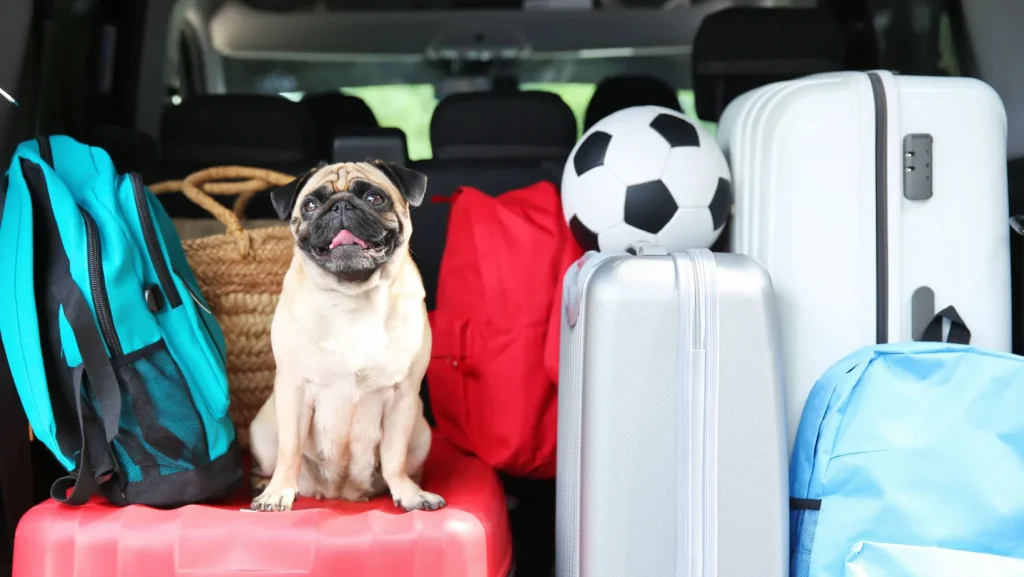Paperwork is one of the surest sources of stress in an international move. You know you’re going to need it, you know it can make a huge difference in how smoothly the process will go, and if the founder of Expatsi can find herself sitting in a hotel in Belize, wearing clothes from the grocery store and waiting for a wet-signature letter from her bank about her account balances, anyone can.
So gathering your necessary documents now can save you a lot of hassle in the future.
It’s important not to get ahead of yourself on the Stages of Moving Abroad — focus on what you’re doing now, and don’t put a whole lot of energy into planning for a move you’re still deciding if you want to make or studiously learning a new language when you haven’t even picked a new country. But most of these documents, at least, would be good to have on hand even if you didn’t end up moving abroad.
If nothing else, you can think of this as a life-organization exercise that will really come in handy when you’re ready make your move.
The basics: What everyone needs
Some things are pretty universal. Regardless of what type of residency or visa you plan to apply for, you can expect to need most (if not all) of these:
- Passport. It seems pretty obvious, but it’s worth mentioning. Make sure your passport is valid for at least six months beyond your planned move date. Most countries won’t issue long-term visas otherwise.
- Birth certificate. Get a certified copy, or even two.
- Marriage certificate or proof of partnership. This is required for dependent or spousal visas. Even if you don’t need it right away, having an official copy saves time later.
- Driver’s license and driving record. It’s handy for international driver’s permit applications and car insurance abroad.
- Medical records and vaccination history. This is especially important for countries with healthcare registration requirements.
- Proof of income or employment. Expect to show recent pay stubs, employment verification letters, or tax returns to prove financial stability.
Academic and professional documents: For students and skilled workers
If you’re going to be studying or working abroad, plan to provide official proof of your background. (If you’re doing a study-abroad through your university, of course, they’ll provide you with all the specifics for your program.) That can include:
- Diplomas and transcripts. Sealed and certified copies are best.
- Professional licenses or certifications.
- Reference letters. From employers or professors.
- CV/resume. Whichever version of your CV or resume you’re likely to include in your visa paperwork, that should be the resume you use throughout the moving process. Consistency matters here.
Some countries and/or visas require your degrees or credentials to be evaluated for equivalency — your U.S. qualifications have to be reviewed and verified to be applicable to the new country’s system. Obviously, that’s a process you can’t start until you’ve settled on a country and a visa, but don’t be surprised if you’re asked for it down the line.
Family documents: Moving the whole crew
If your move includes other family members, you’ll need to gather:
- Birth certificates. For your children, and for dependent parents or grandparents, if they’ll also be moving with you.
- Custody or guardianship documents, if applicable.
- Vaccination and school records for children who’ll be enrolling in local schools.
- Pet documentation. Vaccination records, microchip info, and import certificates. (Yes, of course they’re family members. Why would you even ask?)
Financial documents: Show them the money
These aren’t necessarily something to prepare in advance, because usually any application will ask for the most recent statements, summaries, and stubs. But make sure you know how to get your hands on:
- Recent bank statements (typically three to six months)
- Tax returns (usually the most recent year or two)
- Investment or retirement account summaries
- Proof of property ownership or rental agreements
- Pay stubs or employment contracts
Apostille, notarization, and translation
This is where time becomes a factor — not in the sense of wanting to start early, but in the sense of wanting to wait. Most countries want your document to be “officially recognized” — meaning notarized, translated, and often apostilled.
An apostille is an international certification, like an extra level of authentication, that makes your document valid in another country. You can get one from the Secretary of State in the U.S. state in which the document was issued. It’s important to remember:
- Each country has its own rules. Some require apostilles for nearly everything, and others only need a few specific documents apostilled.
- Apostilles and background checks expire. Many are only valid for 3 to 6 months, sometimes even a year, depending on the country.
- FBI background checks are a common requirement for residency or long-term visas, and they’re typically only valid for six months.
So while starting early is smart, you don’t want to start too early on documents that have an expiration date.
How to make it all easier on yourself
- Create a dedicated “Move Abroad” folder, both digital (ExpatsiGo has a place to upload documents, to store them and to keep them connected to the moving process) and physical.
- Label everything clearly and usefully. “John Birth Cert – Apostilled – 2025” is a lot easier to find than “scan00003.pdf.”
- Keep certified copies separate from your originals, particularly when you’re traveling.
- Back up your files in multiple places. Particularly anything with a notary or apostille stamp.
Paperwork is possibly the least glamorous part of moving abroad, but it’s one of the most likely to cause chaos at a time when you’re least ready to handle additional chaos. Tracking them now gives you time to get them renewed, translated, updated, and/or authenticated when the time comes. Your future self, standing in a visa office with a tidy folder full of every document you might possibly be asked for, not having a heart attack wondering if there’s anything you could have possibly missed, will thank you.






